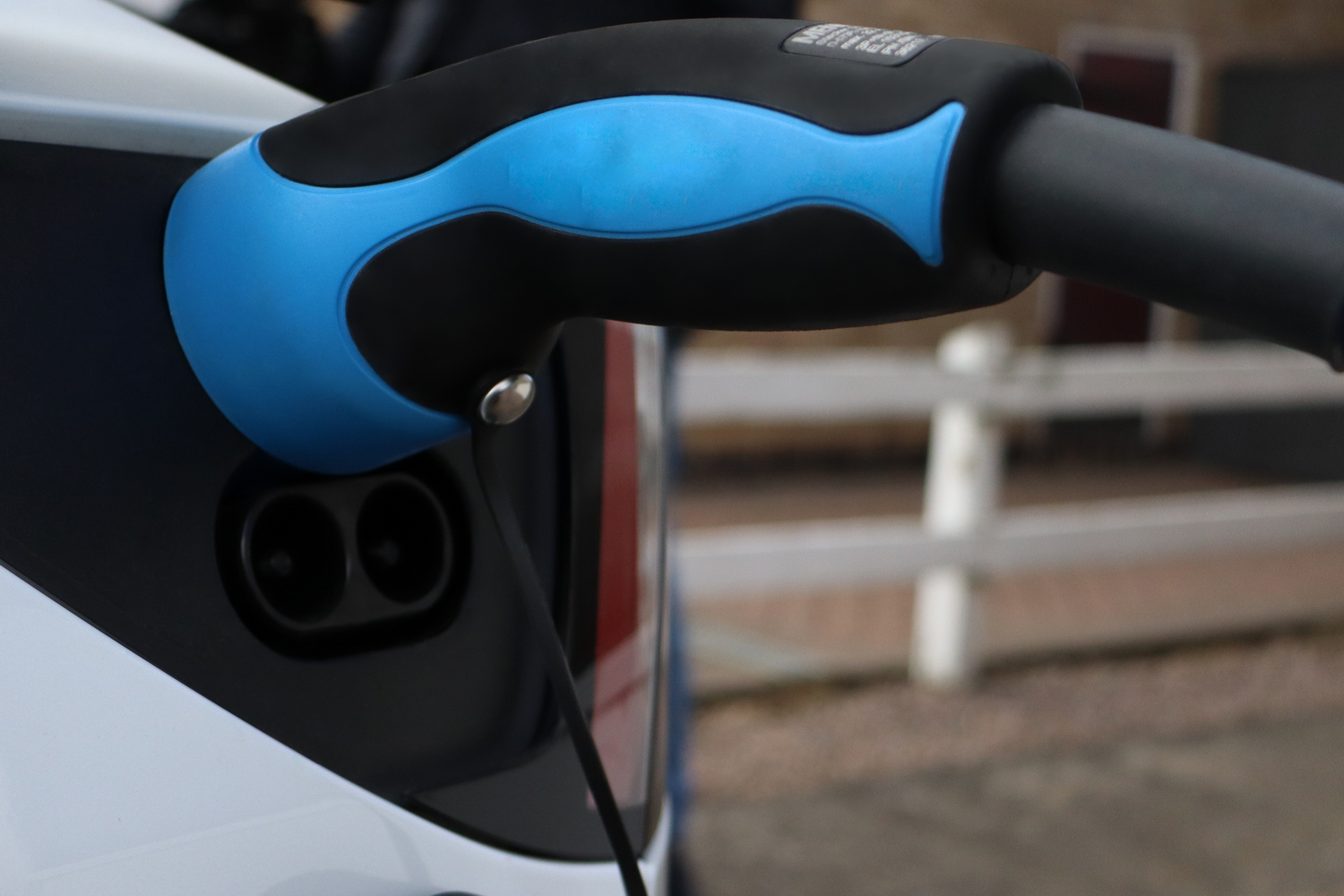A Kildare-based start-up, evHACS, has revealed a new electric vehicle charging system that could help solve some of the charging challenges likely to be experienced by Irish households in the coming years.
Load balancing
The biggest of those challenges, according to the firm, is that with the Irish government's plan to have 945,000 electric vehicles on the national fleet by 2030, the resultant increase in home charging and a national target of 600,000 air-to-water electric heat pumps to be installed in Ireland by 2030, that this will simply be too much for domestic wiring systems to handle, potentially resulting in tripped switches if homeowners attempt to charge their car and run other appliances at the same time.
A typical domestic EV charger uses around 7kW of power, said evHACS, and a heat pump uses up to 5kW depending on its size. A house usually has 12-16kW of power capacity, so having both the heat pump and the charger running at the same time risks tripping the main breaker if other appliances are also switched on. Most manufacturers of chargers use load balancing to reduce the charge to the vehicle in order to stop the tripping and circuit failure.
This isn't just a pertinent situation in Ireland though - with interest in both electric vehicles and heat pumps growing as a means to both cut emissions and save on energy bills, households all over the world are expected to face these consumption questions in the coming years.
One of the solutions, believes evHACS, could be its new system that brings together three sectors: the electric vehicle charging network, the connected autonomous vehicle environment and the refrigeration and air conditioning industry.
Saves time and money
The clue to that solution lies in the company name: evHACS stands for Electric Vehicle Charging Heat Pump Air Conditioning System. What the company sees as its innovation (on which the patent is currently pending) is integrating an EV charger into a heat pump. The key advantage of this, besides allowing households to better balance the loads on their electrical systems, is that it streamlines the installation process, meaning that a household isn't having to pay for and suffer the hassle of two separate installations, reducing the up-front costs of going green.
"evHACS technology is simplicity at its best: integrating a charger into a HVAC [Heating Ventilation and Air Conditioning] unit saves on separate installations of both a charger and an air conditioning unit saving time, money and personnel," said Jeff Aherne, CEO of evHACS.
"In domestic situations where a heat pump is increasingly proving popular over natural gas and oil, it makes sense to have a charger integrated into the unit."
HVAC industry could help increase EV chargers
The concurrent rise in popularity of both electric vehicles and heat pumps is, said the firm, an enormous potential opportunity. The International Energy Agency (IEA) says it expects the number of heat pump units installed globally to grow from 180 million units to a stock of over 600 million units by 2030. The stock of air conditioning units is also expected to increase from two billion units currently to almost three billion by 2030.
With that level of expansion, the HVAC industry has the potential to significantly increase the supply of domestic electric vehicle chargers at the same time, by using evHACS' technology. At even a target of just five per cent of the IEA's projected growth rate, the HVAC industry could supply some 51.2 million additional domestic EV charging points globally by 2030.
evHACS, which is backed by Enterprise Ireland and based in Clane, launches its new system at the Motion by Electronomous event at the Future Mobility Campus of Ireland in Shannon.

